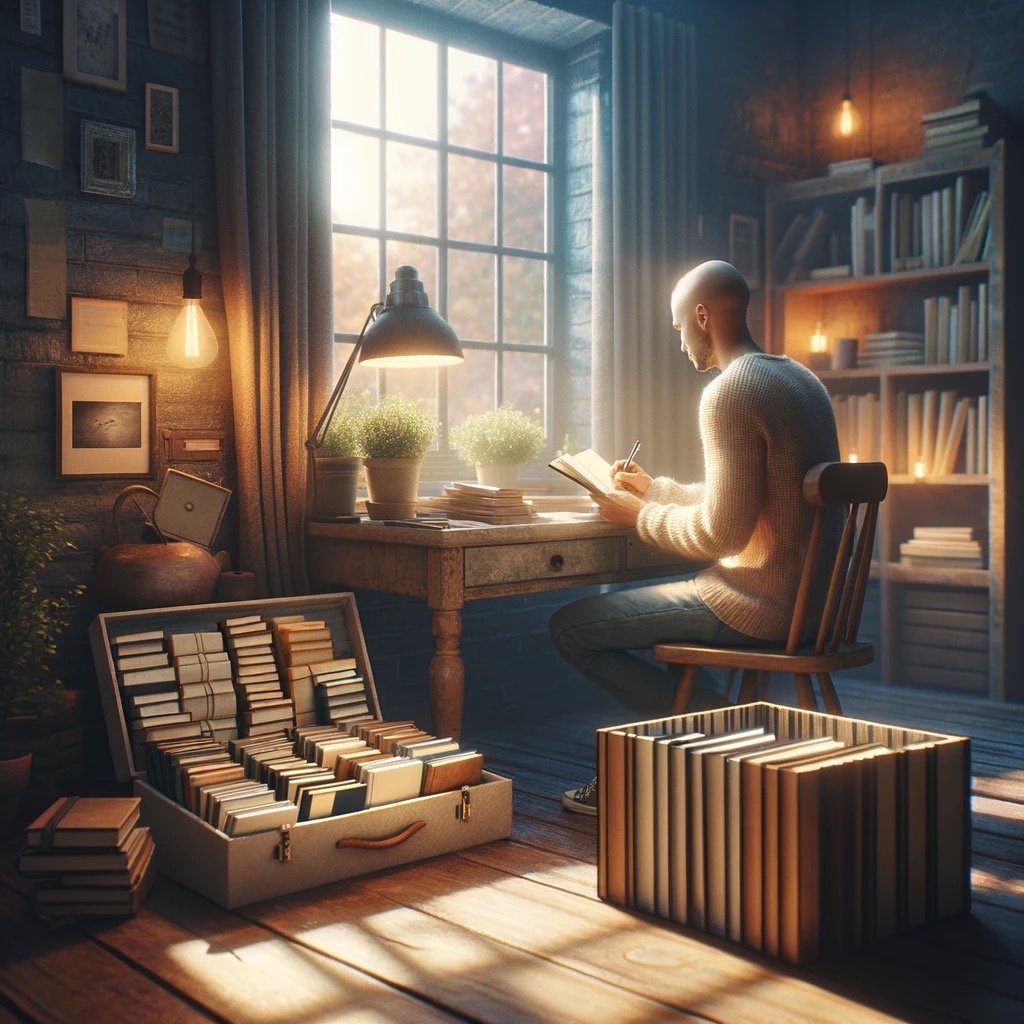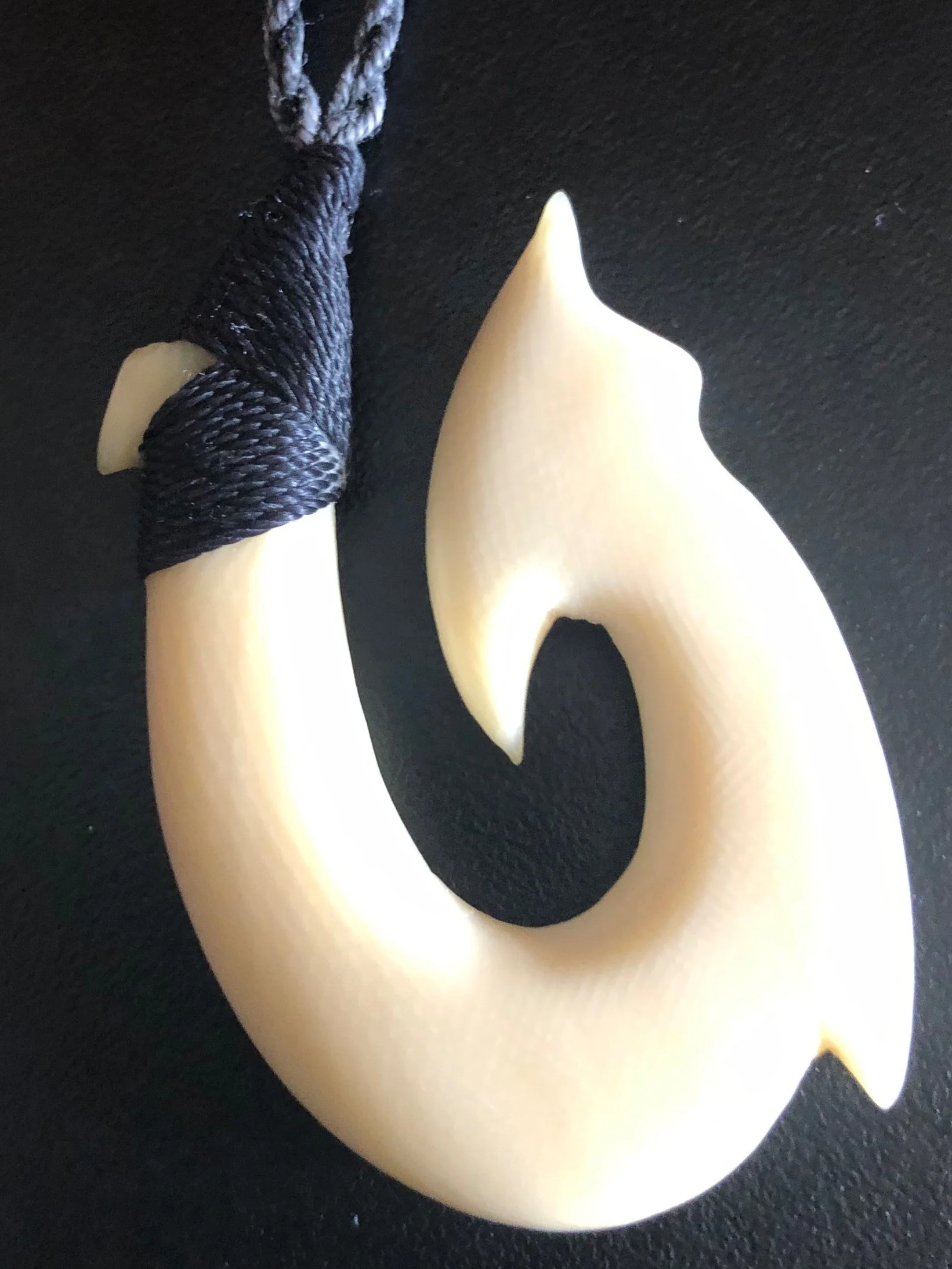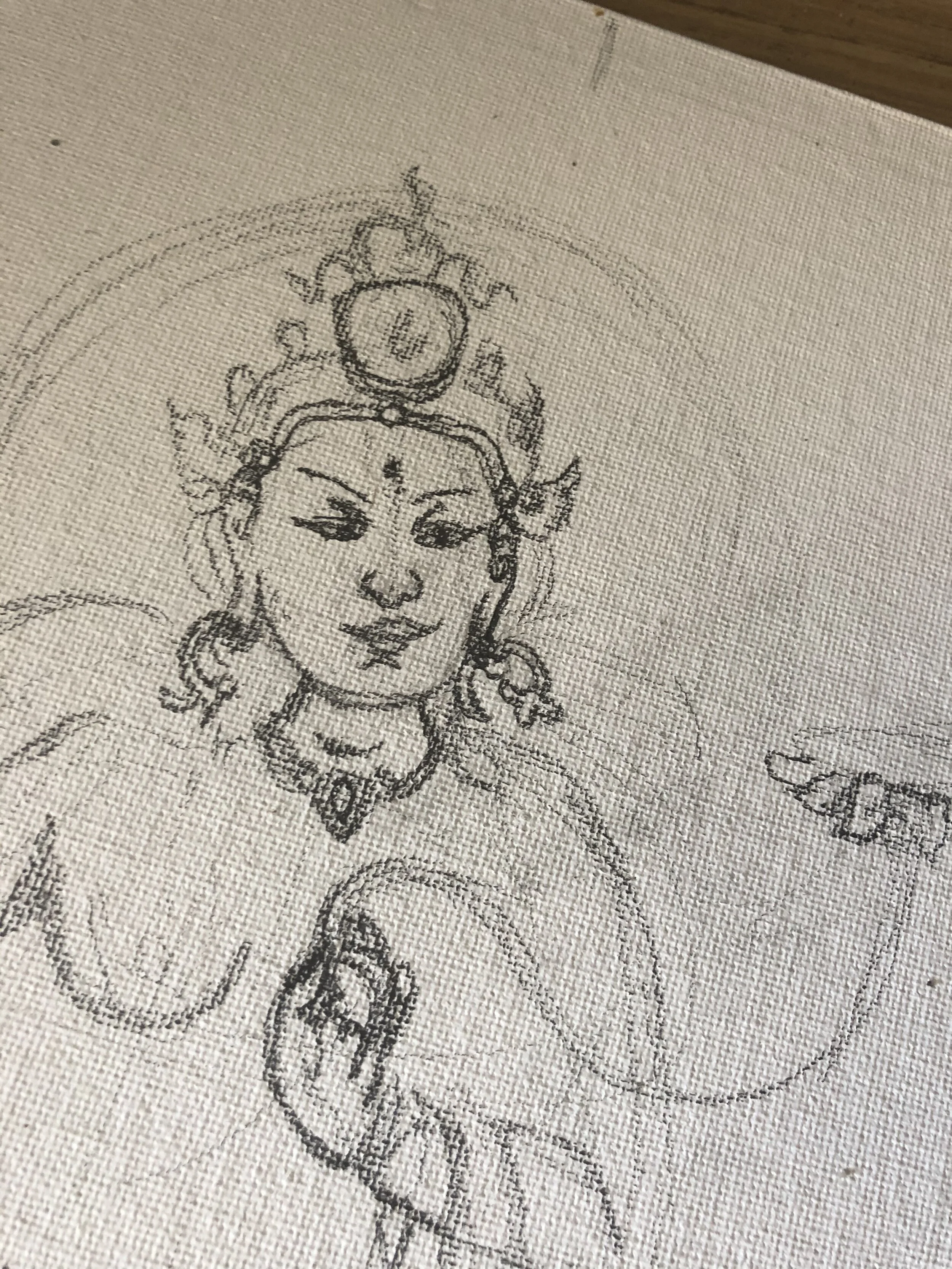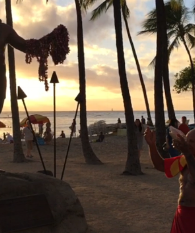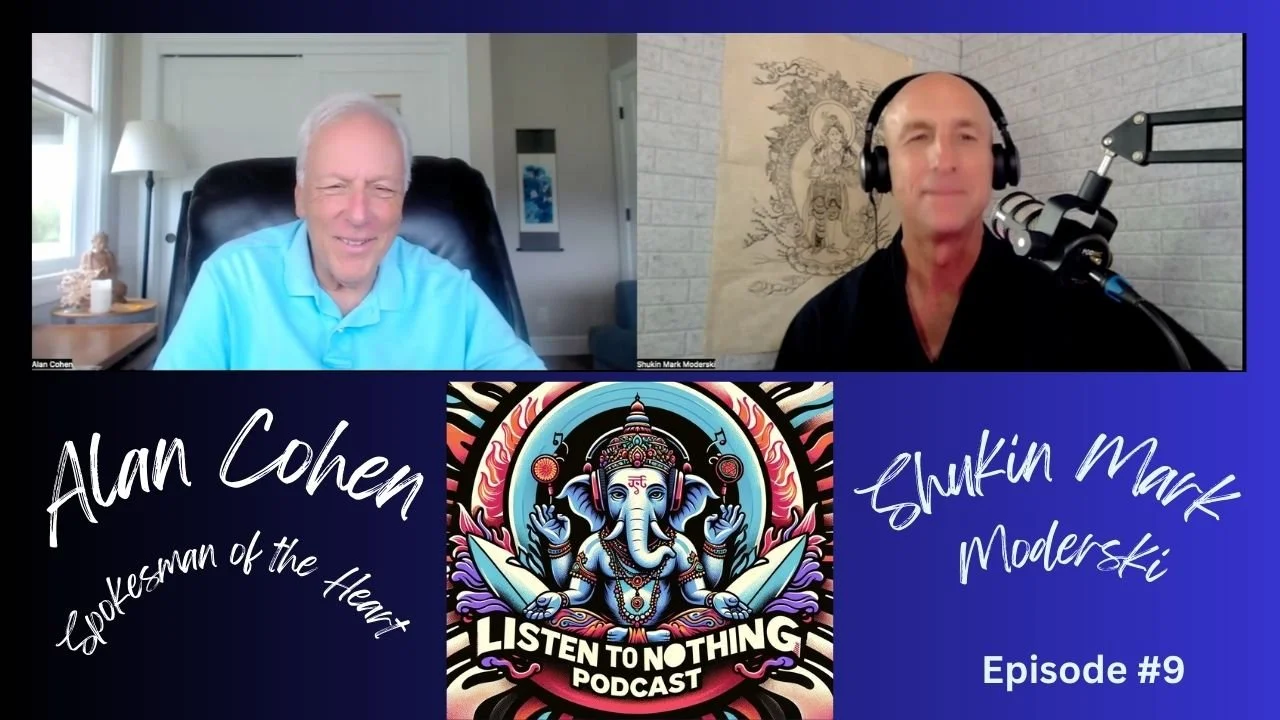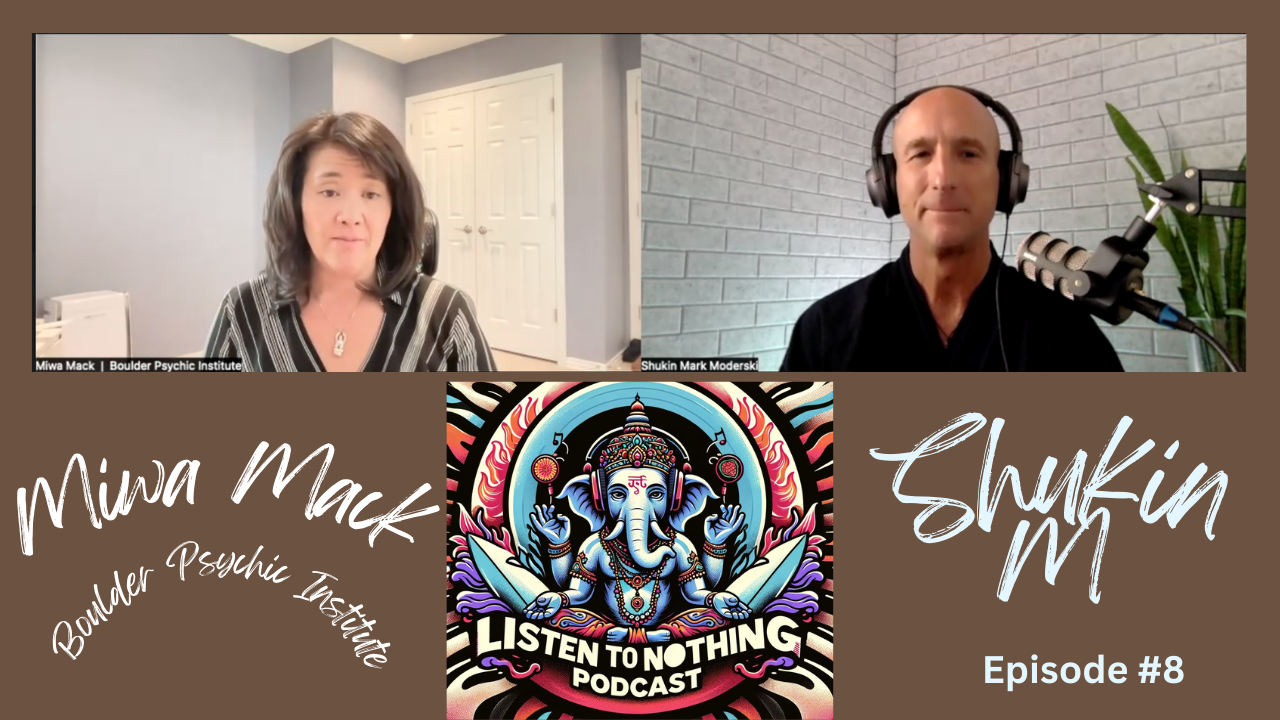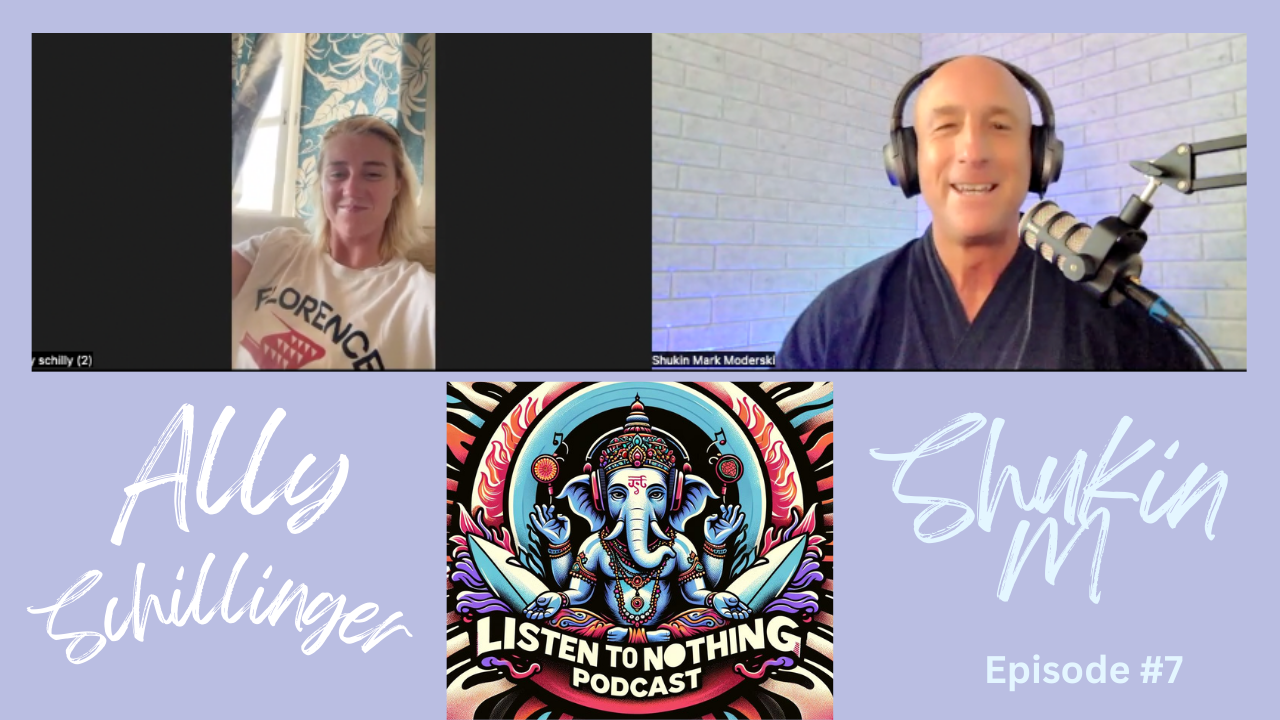At some point in our lives we find ourselves faced with the freedom to make our own decisions and, paradoxically the inability to do so. We become paralyzed when faced with "red or blue?" We no longer trust our own tastes and preferences and move towards this feeling of having to decide based on what others might feel or think. It's quite sad really. Yet many of us are faced with this everyday or we are close to someone who is.
Unfortunately we as humans are moving farther away of what is truly important in life as we move into this 'instantaneous' era. The problem doesn't lie in the fact that there are too many choices, the problem lies in the fear of making the wrong choice, as if making the wrong choice is going to affect our very existence.
Choices are just choices. Of course, there are consequences to our choices and we should investigate them, yet more often than not, they don't have the life-ending result we fear when standing before most. Choosing between vanilla and chocolate or the special versus the traditional can sometimes be way too much for people, and if they can't make these 'base' decisions how can they be expected to decide whether or not to leave their current job, move to a different town or state, commit to or leave a relationship, or even to take the bus or walk?
In an effort to overcome this issue I feel we need to start with the end in mind, asking ourselves what the 'worst-case scenario' is and 'are we able to live with it?' 'Who and what will be affected and to what degree or severity?'Or even 'Will this move me closer to or farther away from enlightenment?' As was once posed to me to ask myself when faced with life decisions by my Zen teacher.
A dear friend of mine is at a crossroads in his professional career and has sought my counsel. Like anyone who comes to me seeking direction he was faced with two things based on both experiential and hypothetical situations, pointed questions and possible scenarios, . After listening, I asked his goals, fears, hesitations, doubts, where he felt confident and a lack there of in making this decision. All the while I am listening with an open mind for what is said and unsaid based on tone, intonation, length of pauses, and immediacy of response. I make a strong effort to not project my thoughts, feelings, or opinions on him, rather I am looking for the real hook and through the above-mentioned technique travel down the road together and let him come to his own conclusions. If I have any life experience I feel is related, having been in a similar situation, I may share that experience and its outcome and what I learned from it.
Our personal philosophy on life and what is truly important to us shapes our ability to accept the outcome of the decisions we make. I believe that life is learning, that we don't have all the answers nor are we expected to, that there isn't "one way" things are to be done, I also have a strong moral compass I use to guide me through life.
Has this allowed me to make the correct decisions? Who can answer that? Am I a stronger person for having made mistakes, taken accountability and learned from them? Absolutely.
Part of the difficulty of being a responsible adult, is having to make adult decisions, and well, sometimes it really sucks. Mom and Dad did their best based on their experiences and projections of the future, they looked into the schools, neighborhoods, playgrounds and or country clubs they felt would give us the best 'opportunity' for more often than not a perceived "better" future. As much as they felt they had our best interests in mind, and the optimal word is 'felt' because we were often too young to understand let alone express ourselves, their choices may not have been optimal for us. There is no value in dwelling too much on ‘what could have been’, playing out different possible outcomes, yet we need to accept our lot and their best intensions as foundations for what have and can become.. This is starting to get tricky, I am treading on the thin ice of placing judgement or blame, that is not my intent nor the direction I want to go. I want us to look at the sad fact that father 'doesn't' always know best, yet he knows based on his life experience, his level of openness, willingness to learn and evolve spiritually, he made the best decisions he could for us. We may someday or perhaps already are faced with having to make such decisions for our children, with understanding and forgiveness we can see our parents situation more clearly.
It is now up to us to sift through what is best for us and filter out what others want for us. Looking at the decision making process from different angles and weighing the possible pros and cons of their outcomes before we ask others their thoughts and feelings will better ground us. When we do ask others we need to be sure we are using them as a sounding board, for us to hear what WE are really concerned about and fearful of in making our choice and do so based on that insight. Do not, however, burden your friends and family with making the decision for you, even though some will take pride in telling you 'what to do', this is of no value to you in the long run. They are sometimes looking for someone to 'control' and you are looking for someone other than yourself to blame if it doesn't go as planned. Take responsibility, you will grow from it. Moving forward you may even consider your surroundings and advisors to be sure they truly have your best interests in mind.
If you have ever used a GPS and missed the turn off it never says "Oh man, you are really fucked now", rather it simply says "recalculating." Be gentle with yourself, with time and practice the process will become easier.

